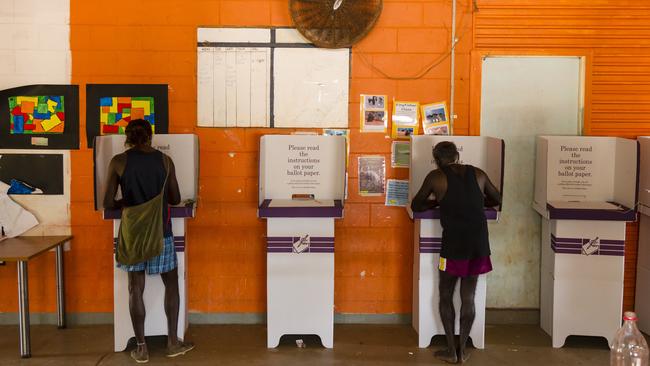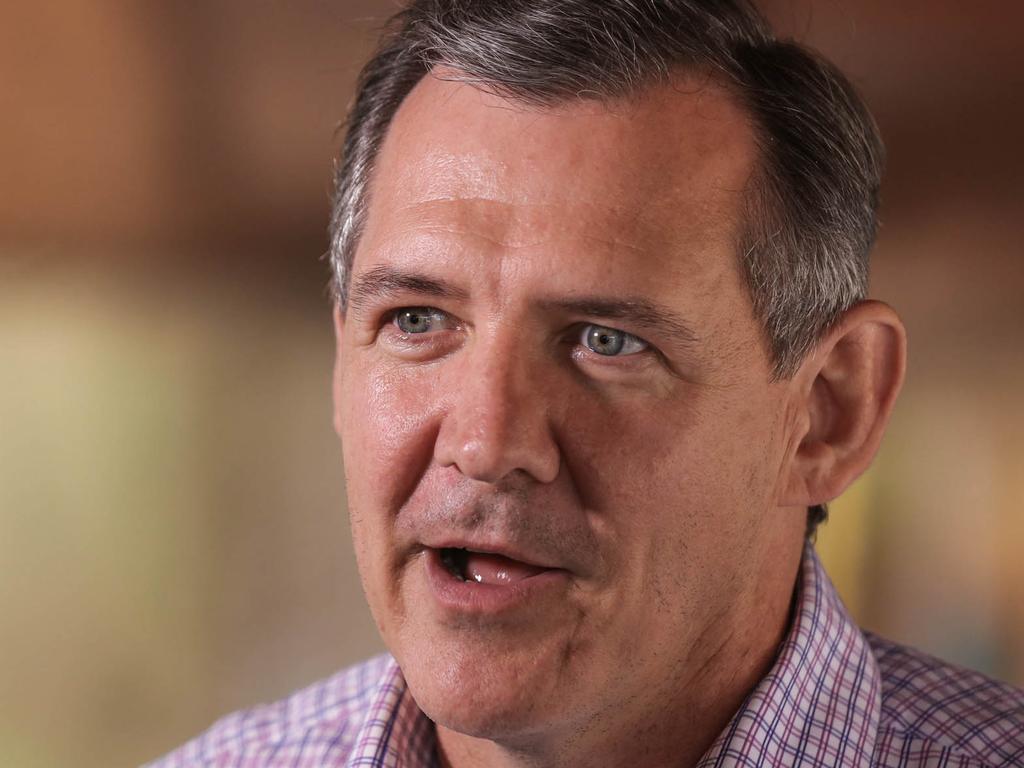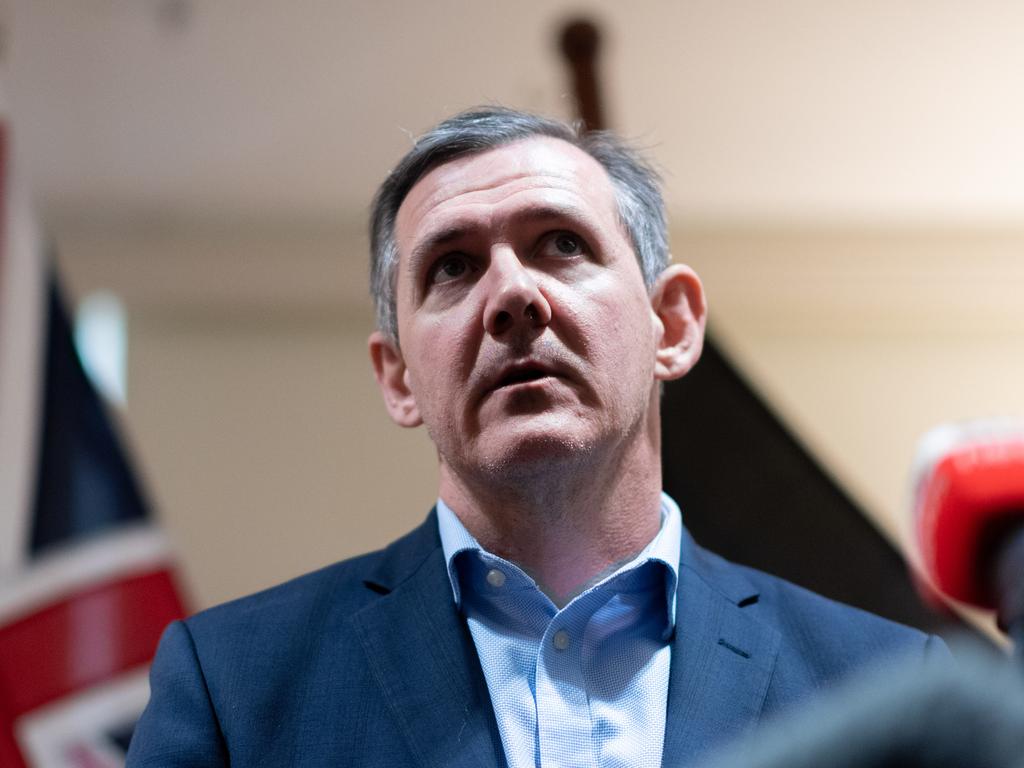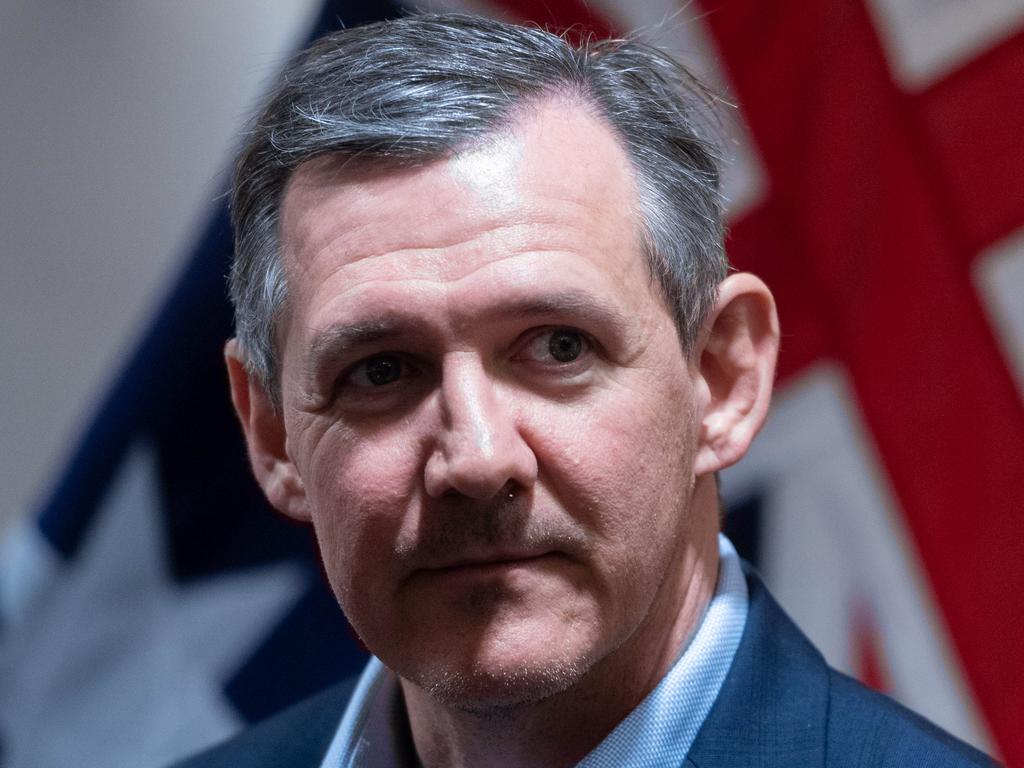Low remote voter turnout a crisis for democracy
The Northern Territory’s Electoral Commissioner has warned of a ‘growing divide’ between urban and remote voter turnout dwindles to barely 50 per cent.

The Northern Territory’s Electoral Commissioner has warned of a “growing divide” between urban and remote voters, as turnout in outback seats dwindles to barely 50 per cent.
Iain Loganathan also criticised his counterparts in the Australian Electoral Commission, which manages the electoral roll for the states and territories.
Most remote NT residents vote ahead of election day through mobile polling teams. “People living in urban areas have their enrolment details updated automatically … but that system does not operate in areas where there is no postal delivery to the street address,” Mr Loganathan said.
“This has led to a decline in roll accuracy in remote communities, making it difficult to measure actual participation.
“What we do know is that many Aboriginal Territorians are not on the electoral roll and many of those who are don’t vote.”
At the 2016 poll, in each of the Territory’s seven vast bush seats, more people didn’t vote than cast a ballot for the winning candidate. In all but five of 25 electorates the numbers of “ghost voters’’ — people who didn’t vote or voted informally — exceeded the winner’s margin. Similar numbers are expected this time around.
Mr Loganathan argued that coronavirus might be partly to blame but said the underlying issues were “systematic”.
“The gradual and eventual shutdown of remote enrolment programs has also served to disenfranchise remote voters because without that program there is no continuity in remote areas in terms of electoral education and awareness,” he said.
AEC boss Tom Rogers told a recent parliamentary inquiry that: “We have had experience of going into some Indigenous communities and they‘ve simply said: ‘We are not enrolling, we are disengaged from Australian society, and it doesn’t matter how many visits you do, we will not enrol.’ ”
Labor’s Michael Gunner, the Country Liberals’ Lia Finocchiaro and Territory Alliance’s Terry Mills agreed low participation rates were a severe problem but none had a sure fix.








To join the conversation, please log in. Don't have an account? Register
Join the conversation, you are commenting as Logout